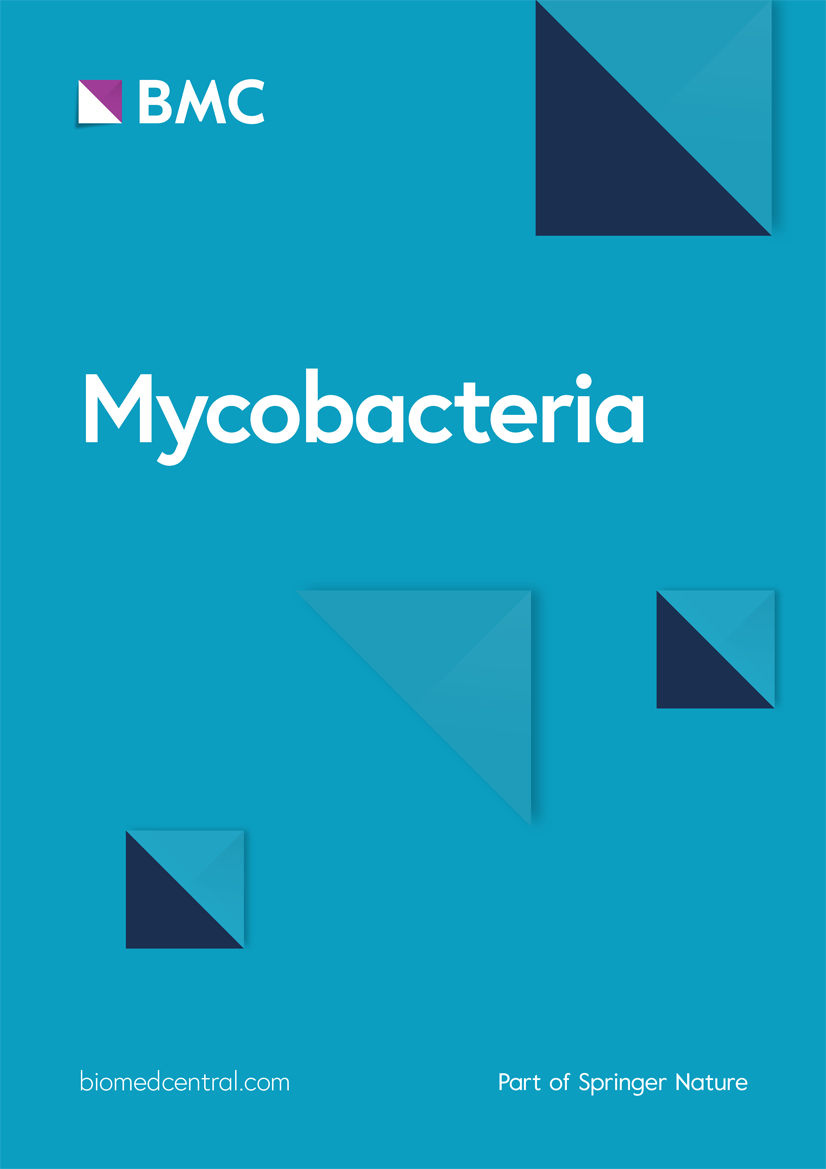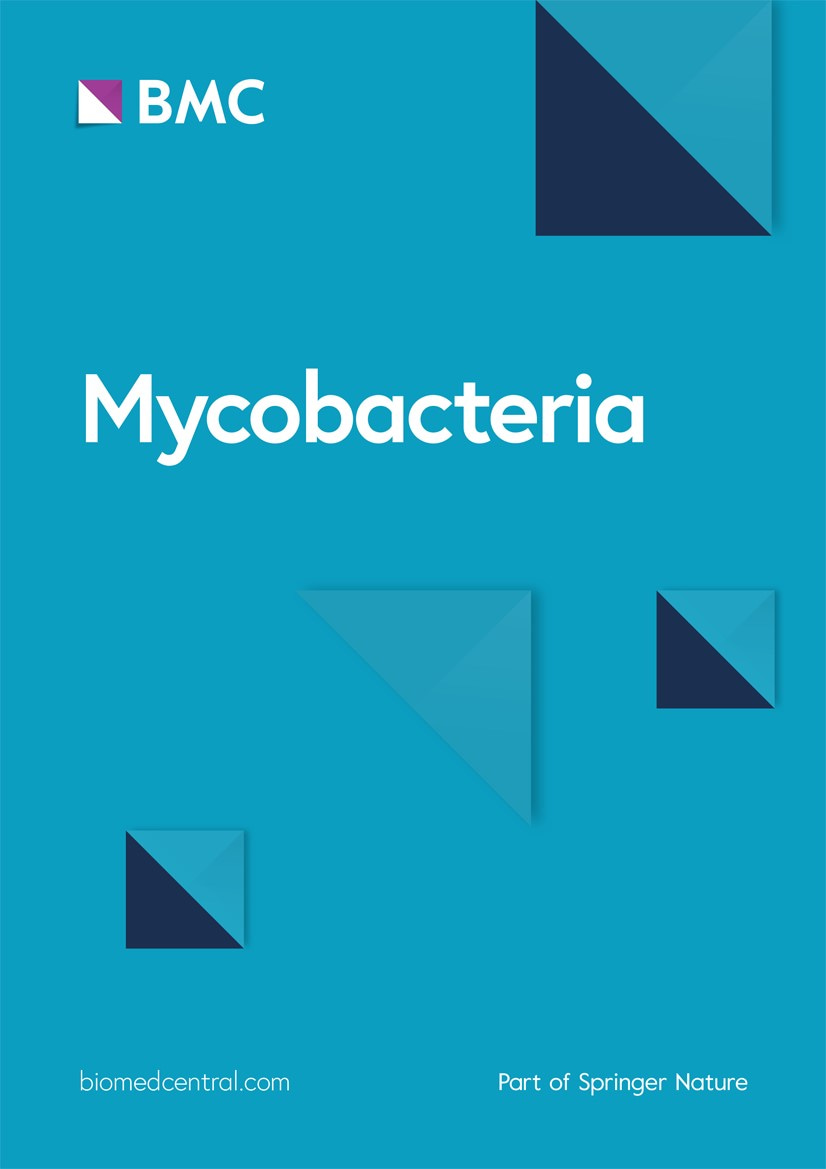Introducing Mycobacteria
Published in Microbiology and Sustainability

Explore the Research

Mycobacteria journal launch - Mycobacteria
Mycobacteria volume 1, Article number: 1 (2025) Cite this article
Mycobacterium tuberculosis complex (MTBC) diseases remain a significant public health concern, with Tuberculosis remaining one of the world’s most deadly diseases. Additionally, improvements in diagnostic techniques, increased surveillance, and ageing populations have contributed to rising cases of non-tuberculosis mycobacterial (NTM) diseases. These NTM diseases present significant treatment difficulties due to their inherent multidrug resistances and their burden is increasing globally.
 Our hope is that this journal will provide a space for the mycobacteriology community to share any research that contributes to the eradication of mycobacterial diseases. Including but not limited to:
Our hope is that this journal will provide a space for the mycobacteriology community to share any research that contributes to the eradication of mycobacterial diseases. Including but not limited to:
- clinical case histories
- epidemiology
- soil and environmental mycobacteriology
- human and animal research
- basic research and technologies
Professor Karen M Dobos, Editor in Chief, leads an international editorial board comprising of researchers with a wide range of expertise and experience. Prof. Dobos's research focuses on mass spectrometry approaches for identifying novel markers associated with early-tuberculosis disease events. She is currently a Professor of Microbiology, Immunology, and Pathology at Colorado State University and serves as the Scientific Director for the CSU Regional Biocontainment Laboratory and the Co-Director for the Mycobacteria Research Laboratories at CSU.
We invite researchers to submit their work for consideration. Waivers are available for articles submitted in 2025 and can be requested upon submission. Information regarding our submission guidelines is available on our website.
If you’re interested in joining the journal as an Editorial Board Member or reviewer, please reach out to us at: lewis.willer@springernature.com.
Collections and Calls for Papers
To stay at the forefront of mycobacteriology research, Mycobacteria has launched two new collections that are relevant to the field:
-
Biomarkers and Animal Models for Tuberculosis Research, Diagnosis and/or Treatment Monitoring
Aiming to enhance our understanding of TB diagnosis and treatment monitoring while fostering collaboration across disciplines to combat this global health challenge.
-
Combating Antibiotic Resistance and the Discovery and Development of Novel Therapeutics for Tuberculosis Control
Aiming to address the critical issues surrounding antibiotic resistance in Mycobacterium tuberculosis and the pursuit of novel therapeutic strategies.
Follow the Topic
-
Mycobacteria

This is a comprehensive, peer-reviewed publication focused on advancing mycobacterial research along with their practical applications.

Please sign in or register for FREE
If you are a registered user on Research Communities by Springer Nature, please sign in